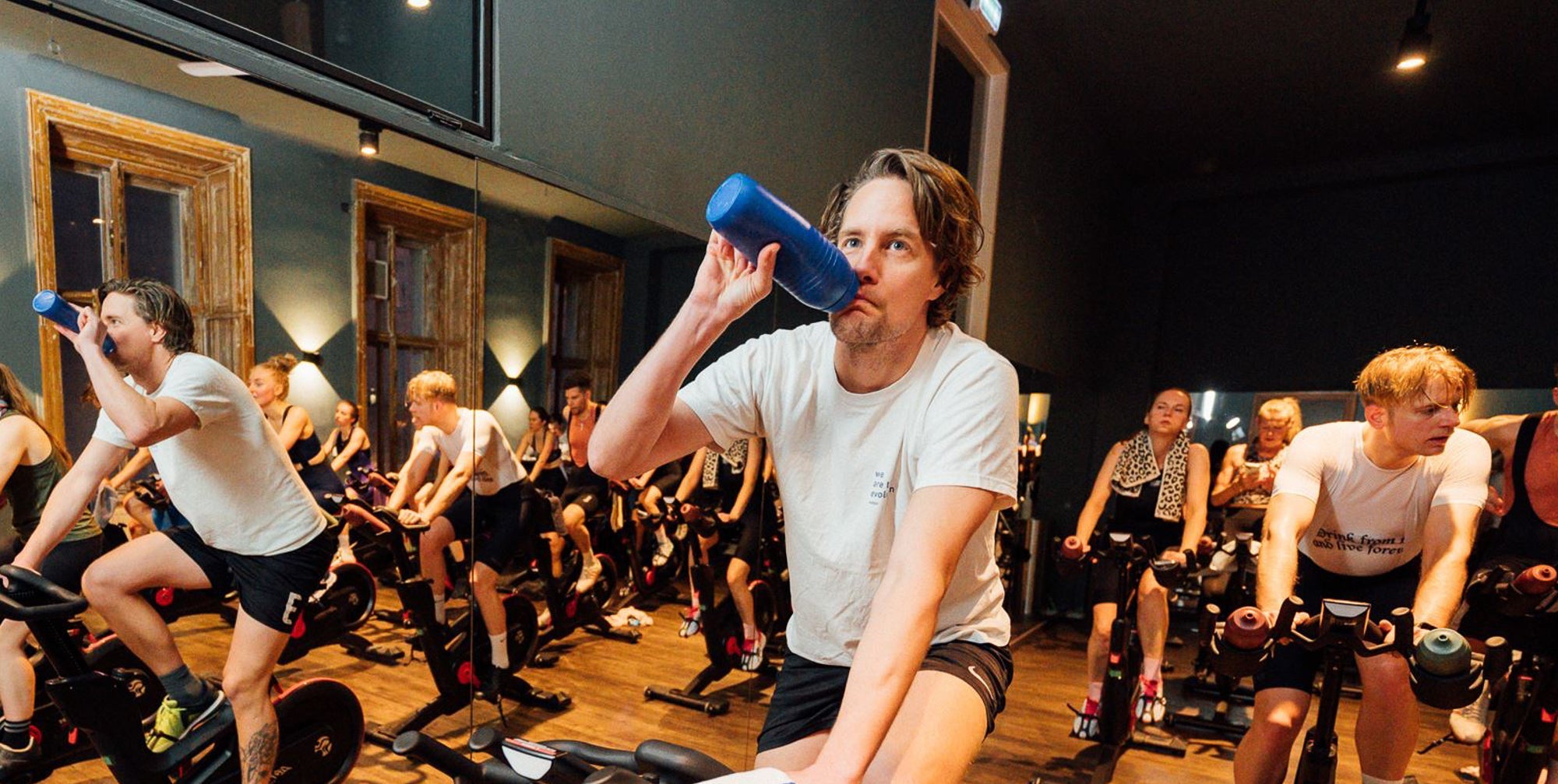In the often hectic world of everyday school life, students often forget to pay attention to simple but crucial needs of their bodies. One of those needs is adequate hydration. During lessons, sports activities and breaks, hydration often takes a back seat.
In this blog post, we explore why drinking water at school is crucial, how it affects health and performance, and how innovative solutions can help integrate this important ritual into everyday school life.
Drinking enough at school is important for several reasons:
-
Concentration and Attention: Dehydration can lead to fatigue, decreased concentration, and decreased mental focus. Students who do not drink enough may have difficulty following lessons and focusing on their assignments.
-
Physical performance: Lack of fluids can affect physical performance, whether in physical education classes or other physical activities. Well-hydrated students tend to be more active and better able to participate in school activities.
-
Health: Sufficient drinking is important to protect the body from overheating, especially in stuffy classrooms or during physical activities. It also helps maintain organ function and support the immune system.
-
Avoiding headaches: Dehydration can trigger or worsen headaches and migraines. Students can get headaches during the school day if they don't drink enough.
-
Regulation of metabolism: Sufficient drinking supports the metabolic process in the body. It helps in digestion, nutrient absorption and toxin removal.
-
Prevention of health problems: Chronic dehydration can lead to long-term health problems, such as kidney stones and urinary tract infections. By learning to drink enough at an early age, students can help prevent such problems.
-
Preventing fatigue: Dehydration can cause fatigue, while drinking enough helps students stay more alert and active.
-
Promote digestion: Sufficient fluids support digestion and prevent digestive problems such as constipation.
-
Healthy Immune System: Hydration plays a role in maintaining a strong immune system that provides protection against disease.
-
Reducing headaches: drinking enough can help reduce headaches, which can be triggered by dehydration.
-
Better stress management: Well-hydrated students are often better able to cope with stress, as dehydration can increase stress symptoms.
-
Focus on long-term health: drinking water at school can serve as a simple way to make students aware of healthy habits later in life.
-
Avoiding overeating: Drinking enough can help prevent unnecessary overeating.
- Establishing routines: Drinking water at school can help establish a healthy routine that students can maintain in their daily lives.
A clean drinking bottle is more than just a container for water.
In today's world, where sustainability plays an increasingly important role, students particularly appreciate the sustainability aspects of the KEEGO drinking bottle as well as its microplastic-free property and easy cleaning.
Field reports show that students not only drink more from this bottle, but can also build a positive connection to healthy habits.
According to a recent survey, most KEEGO customers use their bottles for several years, in contrast to conventional plastic bottles, which are often replaced after only six months or a year. KEEGO bottles are durable, odorless and tasteless, which means that users do not have to replace their bottles because of unpleasant odors or tastes. This can even save money with the purchase.
KEEGO drinking bottles are the ideal choice if you want to offer your child a microplastic-free and environmentally friendly drinking option.
With a 500ml filling capacity, the KEEGO is a real lightweight and, in combination with the Dust Cap it is also suitable for school and sports bags.
Learn more about the 10 DANGERS OF PLASTIC DRINKING BOTTLES in another blog post.
- Kliegman, R. M., Stanton, B. M. D., Geme, J. S., & Schor, N. F.. (2019). Nelson Textbook of Pediatrics.
- Whitney, E., & Rolfes, S. R. (2017). Understanding Nutrition.
- Woolfolk, A. (2009). Educational Psychology.
- Kenney, W. L., Wilmore, J. H., & Costill, D. L. (2015). Physiology of sport and exercise.
- Meeks, L., & Heit, P. (2006). Comprehensive School Health Education: Totally Awesome Strategies for Teaching Health.




